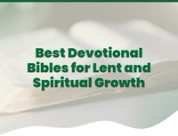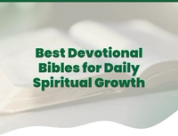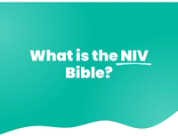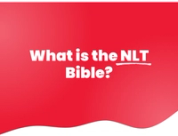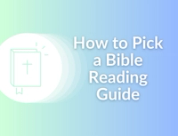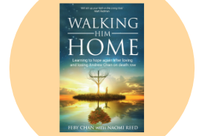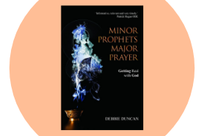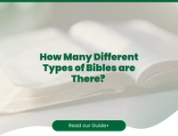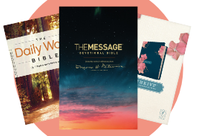Each Sunday in Lent we are sharing a short reflection written by leading Christian authors. This week's is by writer and humanitarian Kate Nicholas.
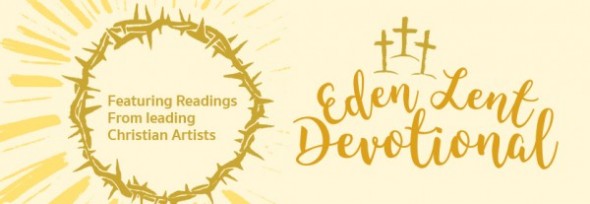
Strange as it may seem, as a child I always looked forward to Lent - not because of the privations it represented but because the season was always preceded by pancake racing. This bizarre ritual – in which housewives in aprons run through my local town of Olney clutching frying pans - dates back to 1445 when, according to local legend, a harassed housewife heard the church bells ringing for the shriving service and unwittingly ran out of the house with her pancake pan still in her hand.
Today the town still commemorates Shrove Tuesday with a race from the high street to the beautiful church of St Peter’s and St Paul’s where hundreds attend a Shriving Service in which they are ‘shriven’ of their sins in preparation for the 40 days of Lent - the pancake representing the last taste of luxury before a period of penance, fasting and abstinence.
These days many people celebrate ‘Pancake Day’, while others see Lent as a kind of spiritual diet programme - a period for giving up chocolate, alcohol or other luxuries that are not good for our waistline or our health. There is nothing wrong with this of course but it seems that the significance and message of Lent has been lost and distorted over the years.
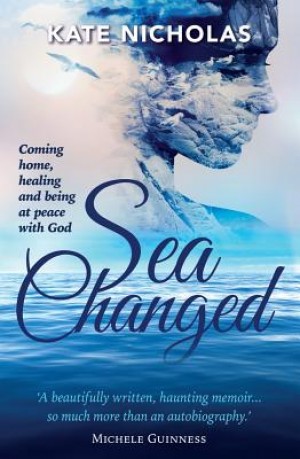
Fasting, when undertaken as a sincere reminder of Jesus’s privations in the wilderness, can help focus the mind on Christ, but the mistake we must avoid at all costs is thinking that this period of abstinence will somehow purify us and make us more holy. Because as the Apostle Paul makes so clear there is nothing we can do to earn God’s grace; nothing we can give up to make us more righteous in his site and nothing we can do that will make him love us more. ‘For it is by grace you have been saved, through faith—and this is not from yourselves, it is the gift of God’. (Ephesians 2:8).
For this reason I prefer to think of Lent not so much at the time of giving up, but the time of giving in to God’s love. That the first day of Lent, Ash Wednesday, is also Valentine’s Day only underlines the fact that this is a time for reflecting and recognizing the awesome breadth and depth of God’s extravagant love for us represented in Christ. A love so great that he gave his only son that he might die for us, to save us from ourselves. A time to remember that Jesus opened his arms of love upon the cross for us; taking upon himself all those imperfections and sins that we can never ‘shrive’ ourselves of.It is a time for reflecting on just how much we are loved by our creator, no matter how great our imperfections and failures. And a time to celebrate that fact that we are all God’s beloved children, to recognize the handiwork of the divine in those around us and to reach out with love to those in need.
To paraphrase the young priest in the novel Chocolat - Joanna Harris’s unforgettable exploration of abstinence - perhaps being holy is not so much about what we exclude, but about what and, most importantly, who we include.
Kate Nicholas’s best-selling biography Sea Changed is a moving account of Kate Nicholas’s unconventional faith journey and her search for truth, peace and healing from advanced cancer. (Shortlisted as CRT’s 2017 Christian Biography of the Year).

Kate Nicholas has over twenty years' experience as a national journalist, editor and commentator and now heads up global communications for Christian humanitarian agency World Vision. She lives in Buckinghamshire with her husband and two daughters and is a lay preacher.

